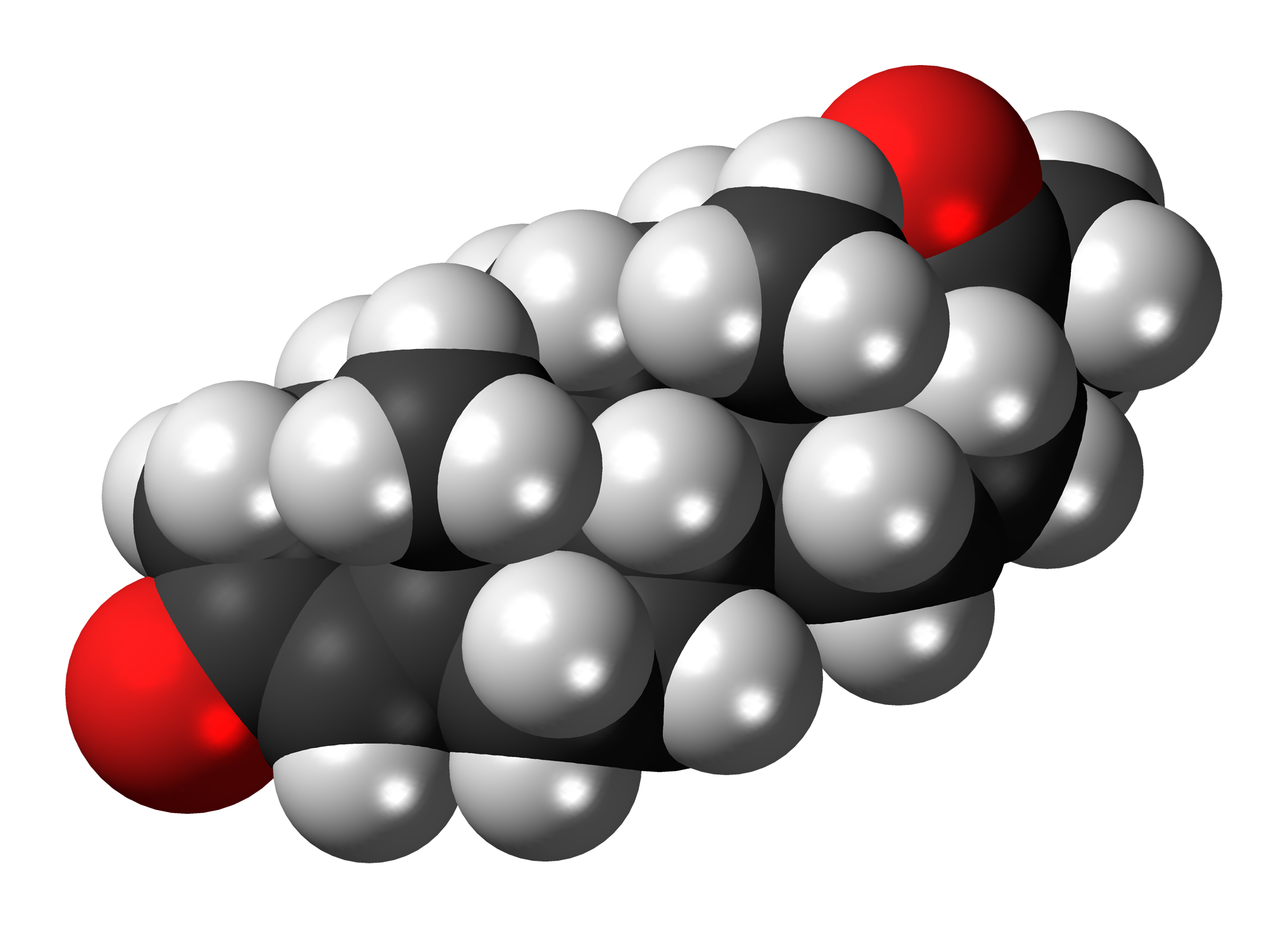As we stated in the first segment of this series, estrogen dominance can be caused either by too much estrogen (either from over production within the body or via hormone replacement) relative to progesterone or from too little progesterone production. We have discussed the effect of high estrogen levels associated with estrogen dominance in another series of posts. However, low progesterone levels also have several negative effects in regard to weight loss.
Functions of Progesterone
Progesterone has many functions in the body including:
- Maintaining the uterine lining and preventing excess tissue build up
- Increasing metabolism and promoting weight loss
- Balancing blood sugar levels
- Acting as a natural diuretic (which prevents water retention)
- Enhancing the action of thyroid hormones
- Alleviating depression and reducing anxiety
- Promoting normal sleep patterns
- Preventing cyclical migraines
- Restoring proper cell oxygen levels
- Improving libido
When progesterone levels fall, every one of these functions suffers and you experience the common symptoms of low progesterone, including:
- Weight gain (especially around the waist)
- Insomnia
- Mood swings
- Foggy thinking
- Irregular periods
- Bloating
- Muscle and joint pain
- Low libido
- Migraines
- Memory loss
- Depression
- Anxiety
Low progesterone levels can also negatively affect mood by lowering gamma-amino butyric acid (GABA). GABA is a key neurotransmitter that has relaxing, anti-anxiety effect. Therefore, lower levels of progesterone can increase anxiety, which often causes binge or emotional eating and/or erratic eating behavior that can negatively impact blood sugar levels leading to insulin resistance and increased adrenal stress.
You will notice that low progesterone has especially detrimental effects on several other Underlying Metabolic Imbalances, including stress, sleep, insulin resistance, thyroid fatigue and neurotransmitter imbalance in addition to adversely affecting the balance of other sex hormones. The net effect of these imbalances is that you experience increased cravings, lower metabolism, greater water and fat storage and weight gain.
As stated above, low progesterone levels can cause estrogen dominance. Low progesterone levels can also accompany low estrogen levels, which is the third and final sex hormone imbalance we will discuss in this series.


